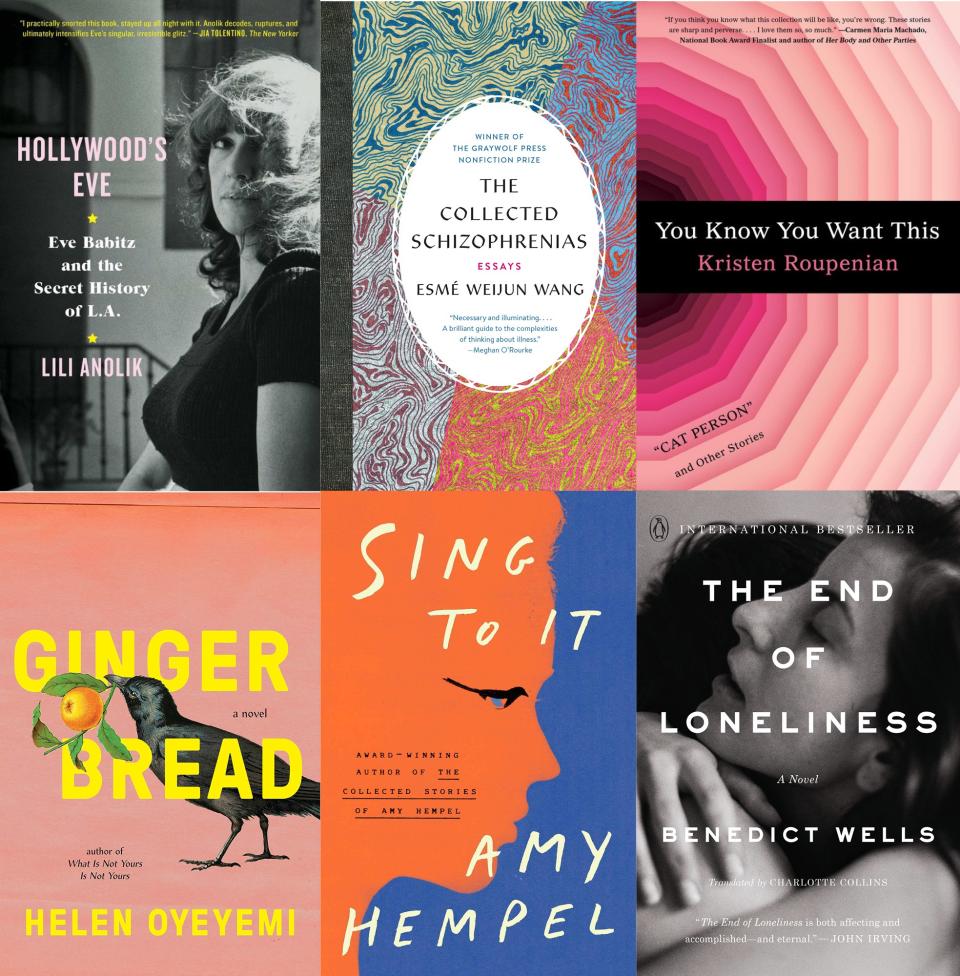Most Anticipated Books of 2019: 19 Picks You Should Have on Your Reading List
Wintertime is when we need books the most; for cozying up with when you finally have a real weather-based excuse to cancel your plans and dive into a good one. Of the most anticipated books of 2019, here's Vogue's list of 19 winter picks we think you should have on your reading list:
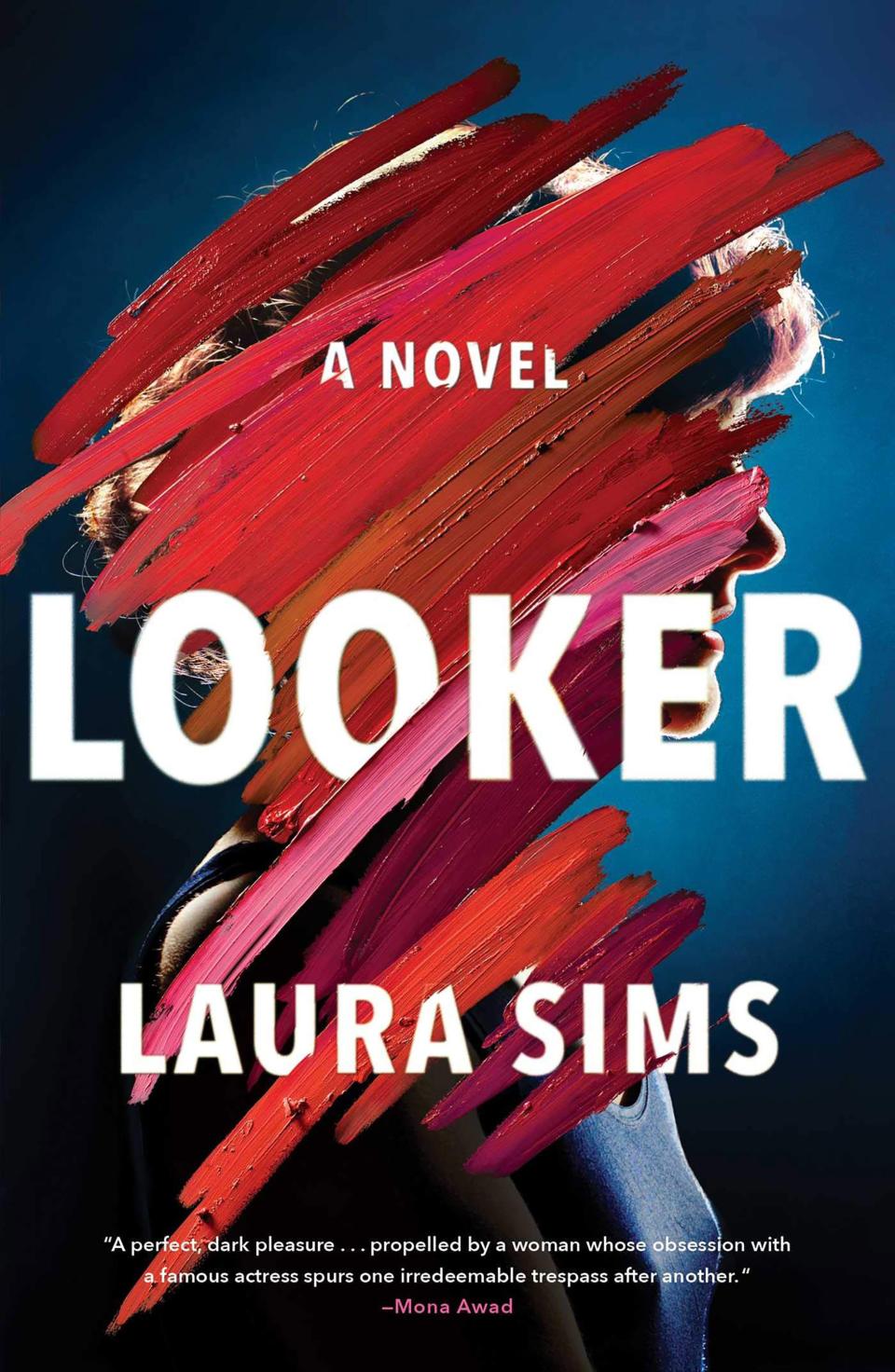
Looker by Laura Sims (January 8)
Failed by IVF treatments and her husband, the narrator of Looker is left to fester in her Brooklyn brownstone with only her feline companion. “I am sick to death of men,” she tells us, so instead she fixates on the beautiful actress who lives down the block. In prose that moves between lyrical and caterwauling, the poet Laura Sims has pulled off the high-wire act of making bitterness delicious. —Lauren Mechling, Contributor
Simon & Schuster
Amazon
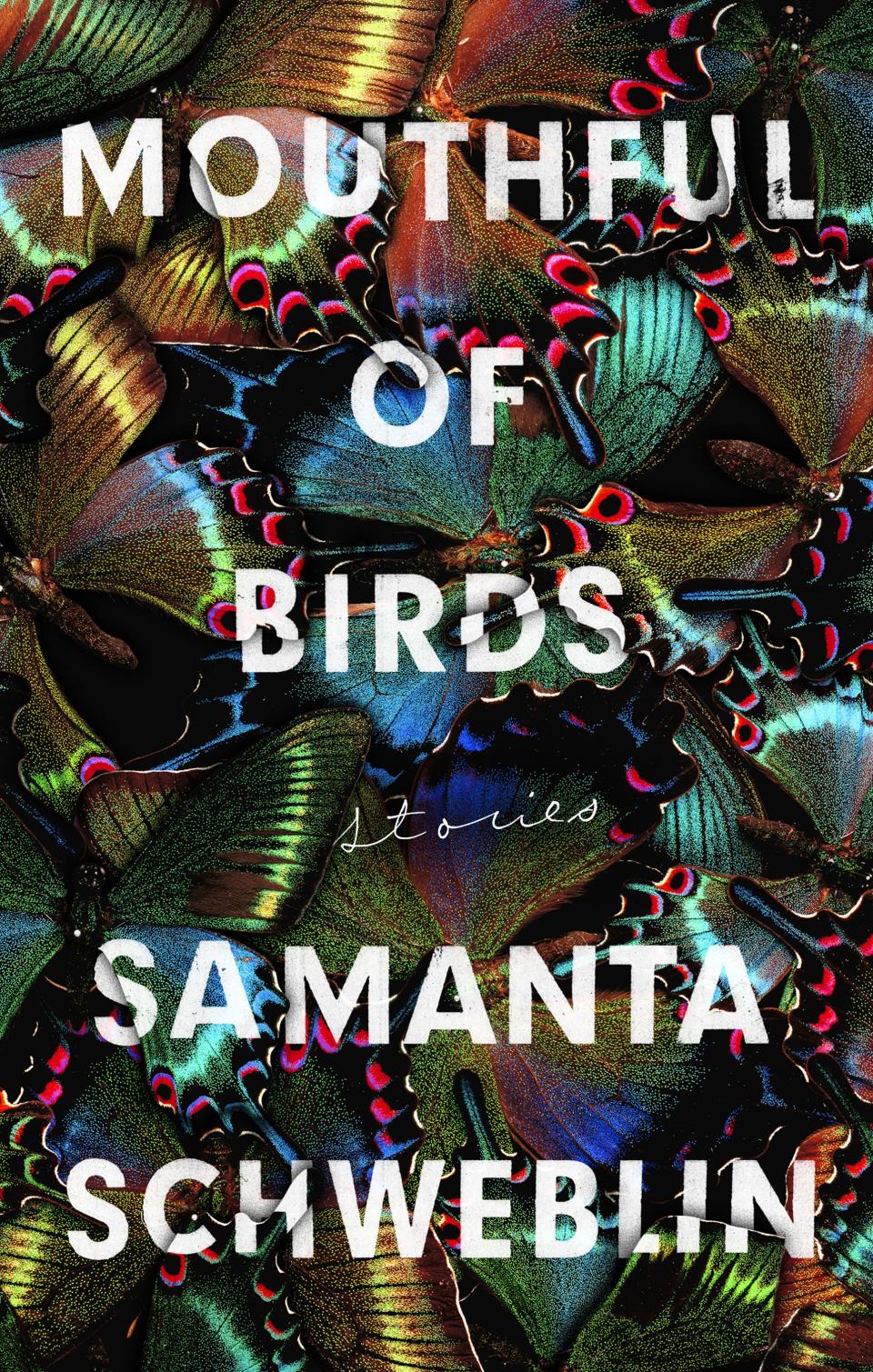
Mouthful of Birds: Stories by Samanta Schweblin (January 8)
The young Argentine writer Samanta Schweblin made waves in 2017 upon the English translation of her novel Fever Dream, a supernatural story about a mother convinced that her young son’s soul had escaped his body. The author’s flair for intertwining surrealism with delicate emotionality is again on full display in Mouthful of Birds, a collection short stories that sit somewhere between miniature mysteries and fairy tales. In this slim and superb book, Schweblin takes on the desire to love, to parent, and to care for one’s own body—hardly extraordinary themes—and invests them with a fresh poignancy. —LM
Riverhead
Amazon
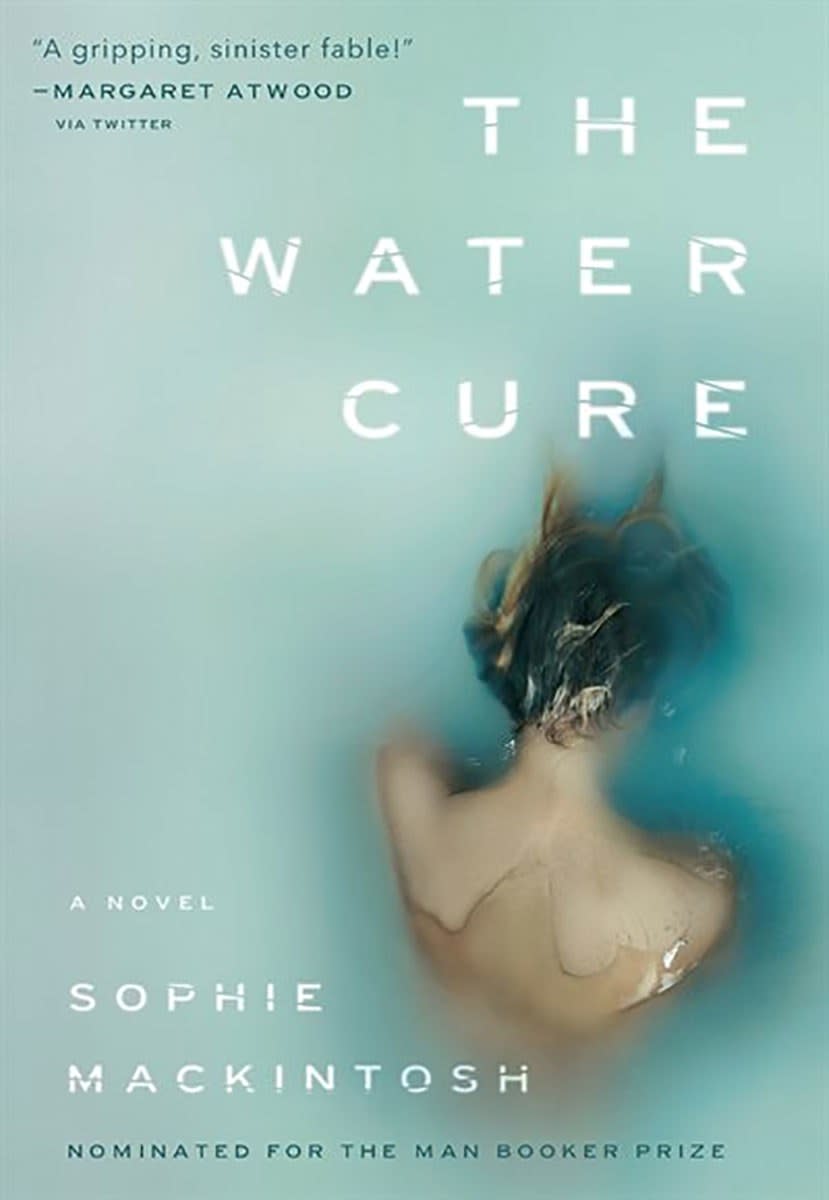
The Water Cure by Sophie Mackintosh (January 8)
With a blurb from Margaret Atwood, Mackintosh's novel follows in the footsteps of The Handmaid's Tale (and Naomi Alderman's The Power) in a dystopian feminist revenge tale, about women who live on an island controlled by their King until that comfy hierarchy is displaced—but this debut has its own alluring style, which has prompted comparisons to The Virgin Suicides for its gauzy, heady sexuality, lacy, precise prose and the luminous sisters at its core. Like The Power, it doesn't just turn patriarchy on its head, which is why it pokes at gender as an organizing concept as much as it relies on it. —Bridget Read, Vogue.com Culture Writer
Doubleday
Amazon
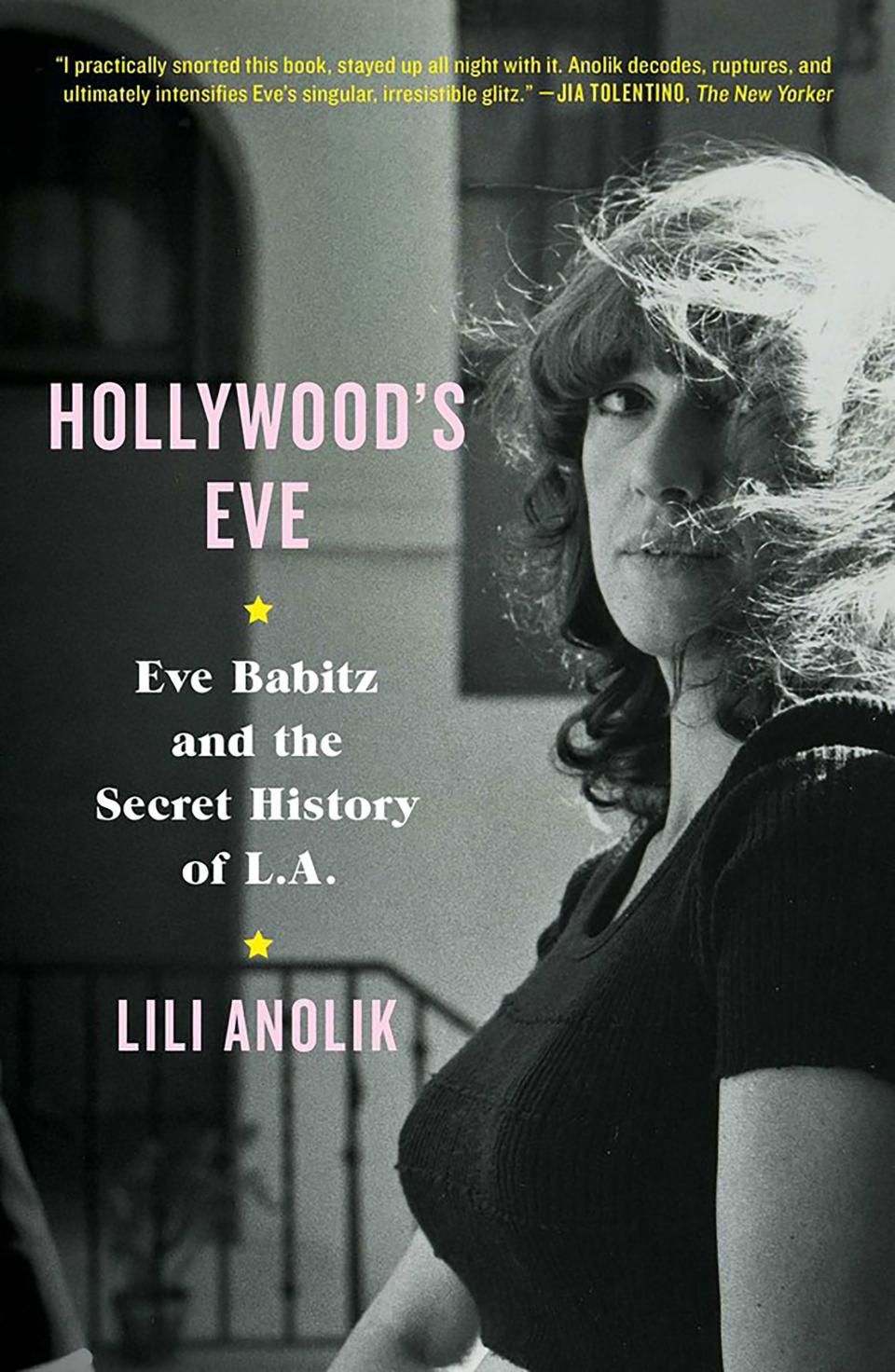
Hollywood's Eve: Eve Babitz and the Secret History of L.A. by Lili Anolik (January 8)
In recent years, Eve Babitz’s work has become required reading for anybody with a soft spot for It Girl lit. Far more than a provocateur and party girl, Babitz was a medium for the animal spirit of 1960s and ‘70s Hollywood. In her dishy investigation, Lili Anolik tracks down Babitz’s friends and family members—as well as the now reclusive author—in an effort to separate the myth-maker from her myths. Part cultural history, part literary detective story, Anolik’s book brings a ludicrously glamorous scene back to life, adding a few shadows along the way to give Babitz’s sun-bleached biography more nuanced contours. —LM
Simon & Schuster
Amazon
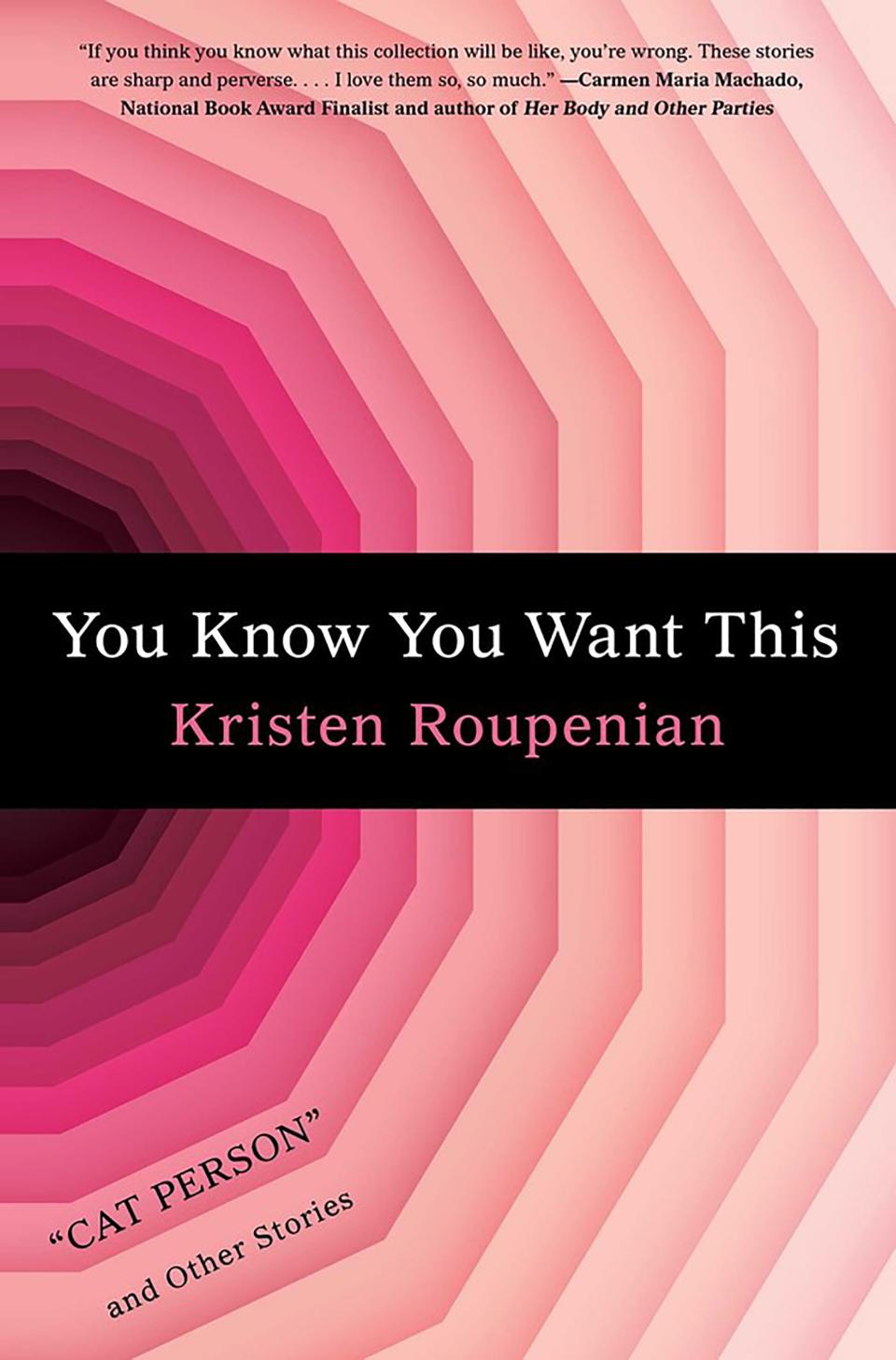
You Know You Want This by Kristen Roupenian (January 15)
Kristen Roupenian’s “Cat Person,” a short story about a traumatic date, became a literary anthem and viral hit when The New Yorker published it near the dawn of the #Metoo movement. Now comes You Know You Want This (Scout Press), the author’s much anticipated debut collection. Roupenian’s commitment to representing the human capacity for cruelty and perversion is a kind of bravery, but while her story hit a nerve, this volume hammers away at it. —LM
Simon & Schuster
Amazon
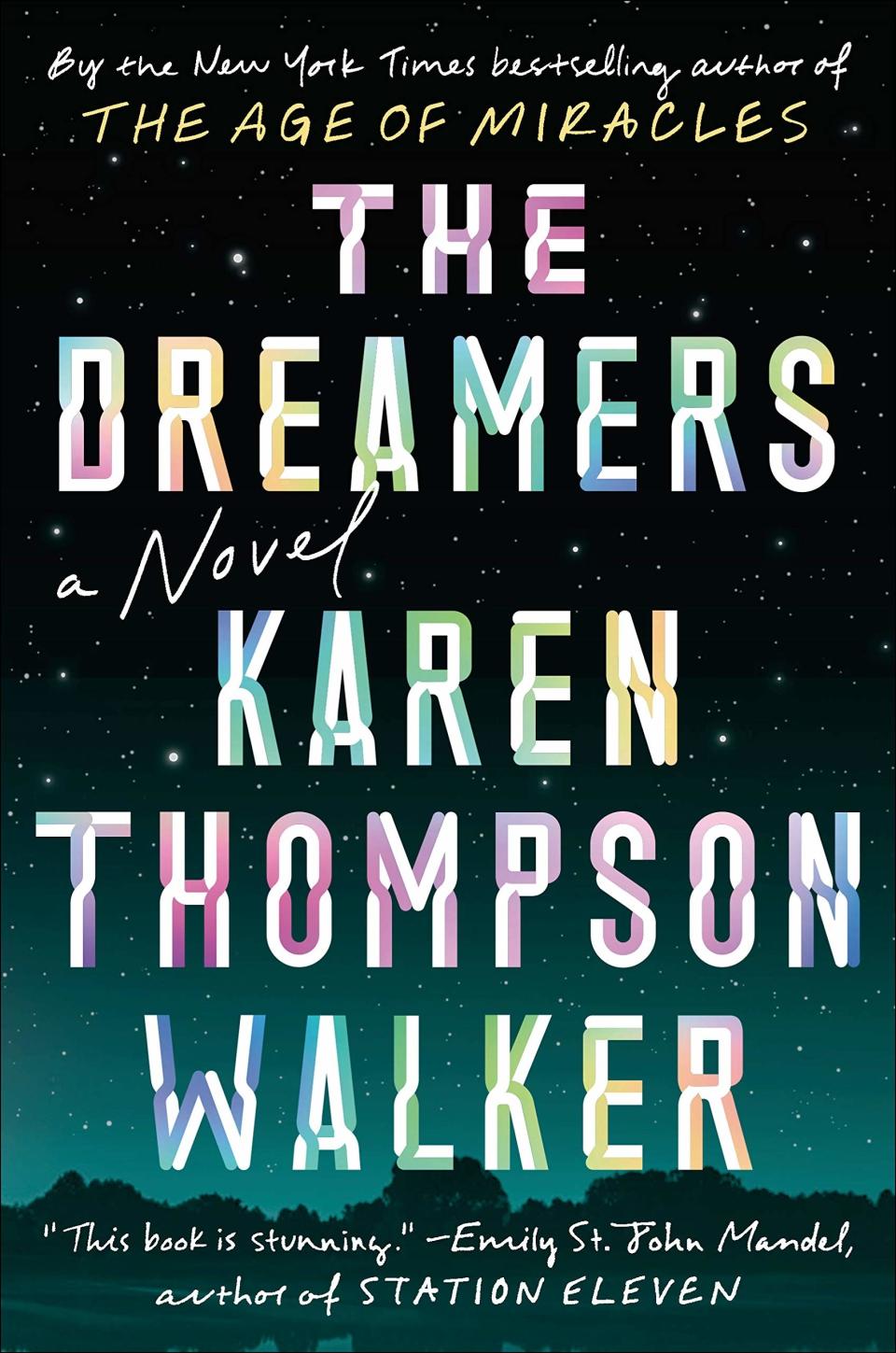
The Dreamers by Karen Thompson Walker (January 15)
Age of Miracles author Walker returns with a haunting novel about a mysterious illness that befalls a Southern California college town. A large cast of characters including students, a faculty couple, and a neuroscientist trying to figure out what's happening to the sleepers, who are locked in a dream state beyond the normal activity of the human brain, provide the voices in this imaginative, disturbing and ultimately spellbinding narrative, which asks provocative questions about our concepts of time and connection, and the bounds of possibility for life on earth. —BR
Random House
Amazon
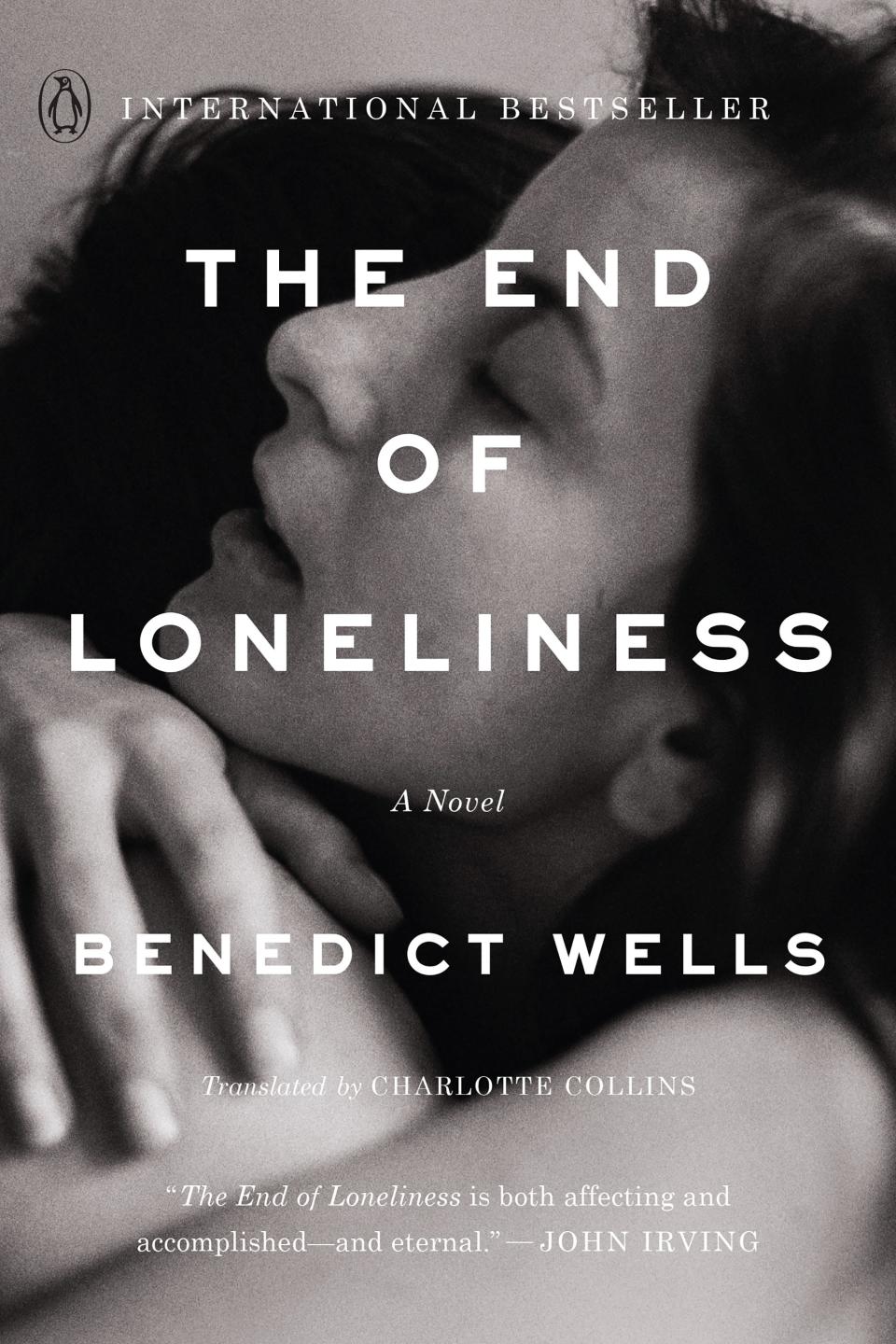
The End of Loneliness by Benedict Wells (January 29)
In an age when the double tap is so often the fastest path to fame, there is something appealingly old-fashioned about a literary success story. This holds especially true for the tale of Benedict Wells, the 34-year-old German wunderkind who survived a downright Dickensian childhood before emerging as a cultural sensation in his native country. Wells was only six when illness and financial troubles shattered his household, forcing his parents to send their three children to state-run Bavarian boarding schools. This early experience informs Wells’s uber-personal new novel, an international phenomenon that won the European Union Prize for literature. The tale centers on the orphaned Jules and his two older siblings, following the trio through a series of events that are unfortunate but also joyful and funny. It is not a perfect novel, but it is a life-affirming work. As Jules says near the end, “I’m always surprised by how the light of memory makes particular moments shine brightly.” —LM
Penguin
Amazon
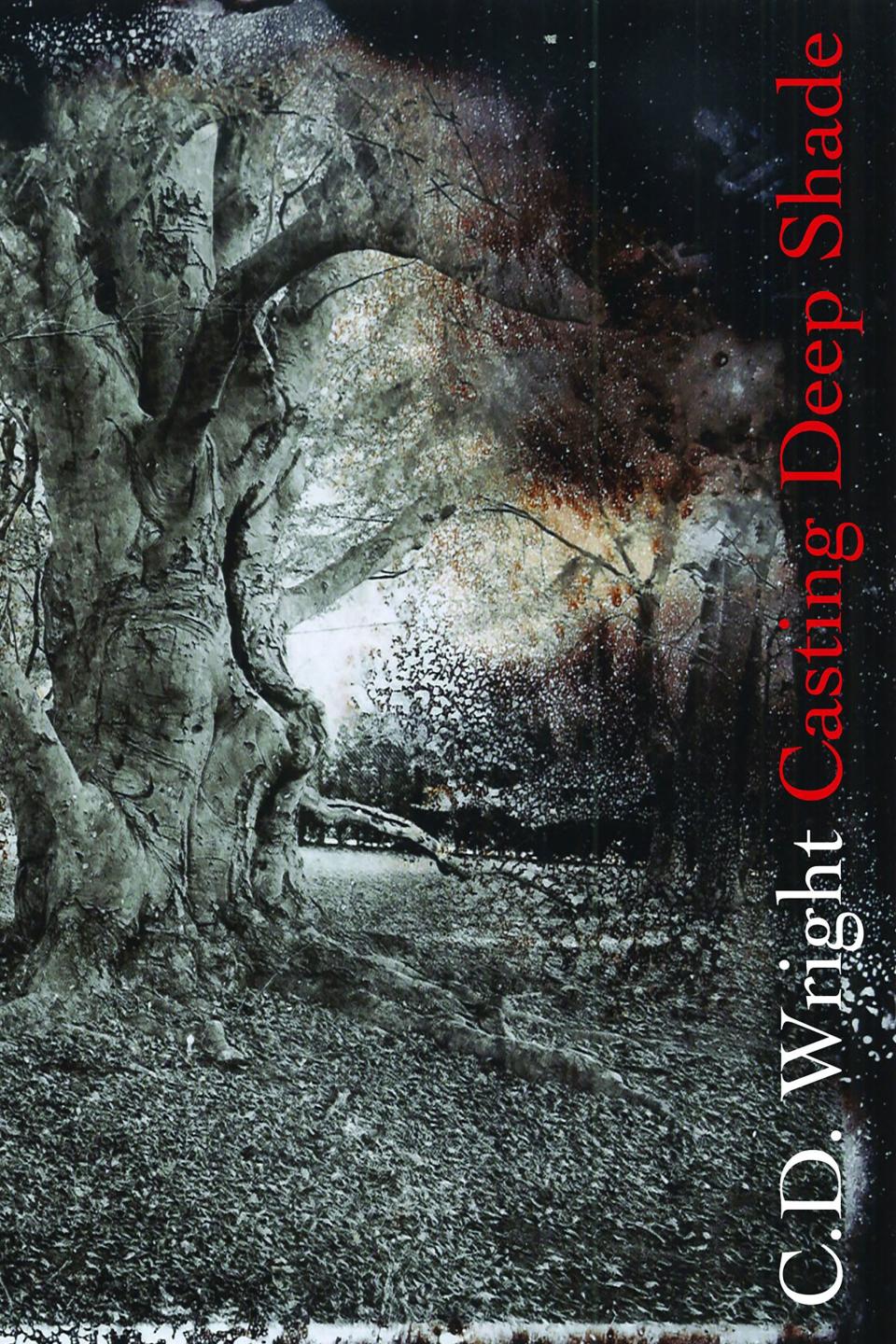
Casting Deep Shade: An Amble by C.D. Wright (February 1)
I love the double resonance of the title of this posthumous collection from the beloved Wright because it so aptly skewers the mutability of language as it is used over and over by humans to try and make sense of the stubbornly material physical world, of which, I think, Wright would have approved. This new work promises to be all about the beech tree, which Wright studied for years before her sudden death in 2016. Wright's prose-poetry style has always resisted categorization, and simply blown apart convention; An Amble will surely serve as a conservation not just of nature but of Wright's indelible voice, which is sorely missed. —BR
Copper Canyon Press
Amazon

The Collected Schizophrenias: Essays by Esmé Weijun Wang (February 5)
To say that Esmé Weijun Wang’s The Collected Schizophrenias is a brave book is to put it mildly: Is there a more daring act for a writer to expose their own mental illness? The essay collection tracks the author’s affliction—she has been diagnosed with schizoaffective disorder, bipolar type—but also discusses the limitations of diagnosis, the mixed blessing that labelling an affliction entails. Written with clarity, precision, and a lack of sentimentality, it’s the kind of book that builds its emotional heft with straightforward and yet highly effective materials. It is also a portrait of a mind fighting itself: “Sometimes, my mind does fracture,”Wang writers, “leaving me frightened of poison in my tea or corpses in the parking lot. But then it reassembles, and I am once again a recognizable self.” That recognizable self is something of a marvel to behold. —Chloe Schama, Senior Features Editor
Graywolf
Amazon
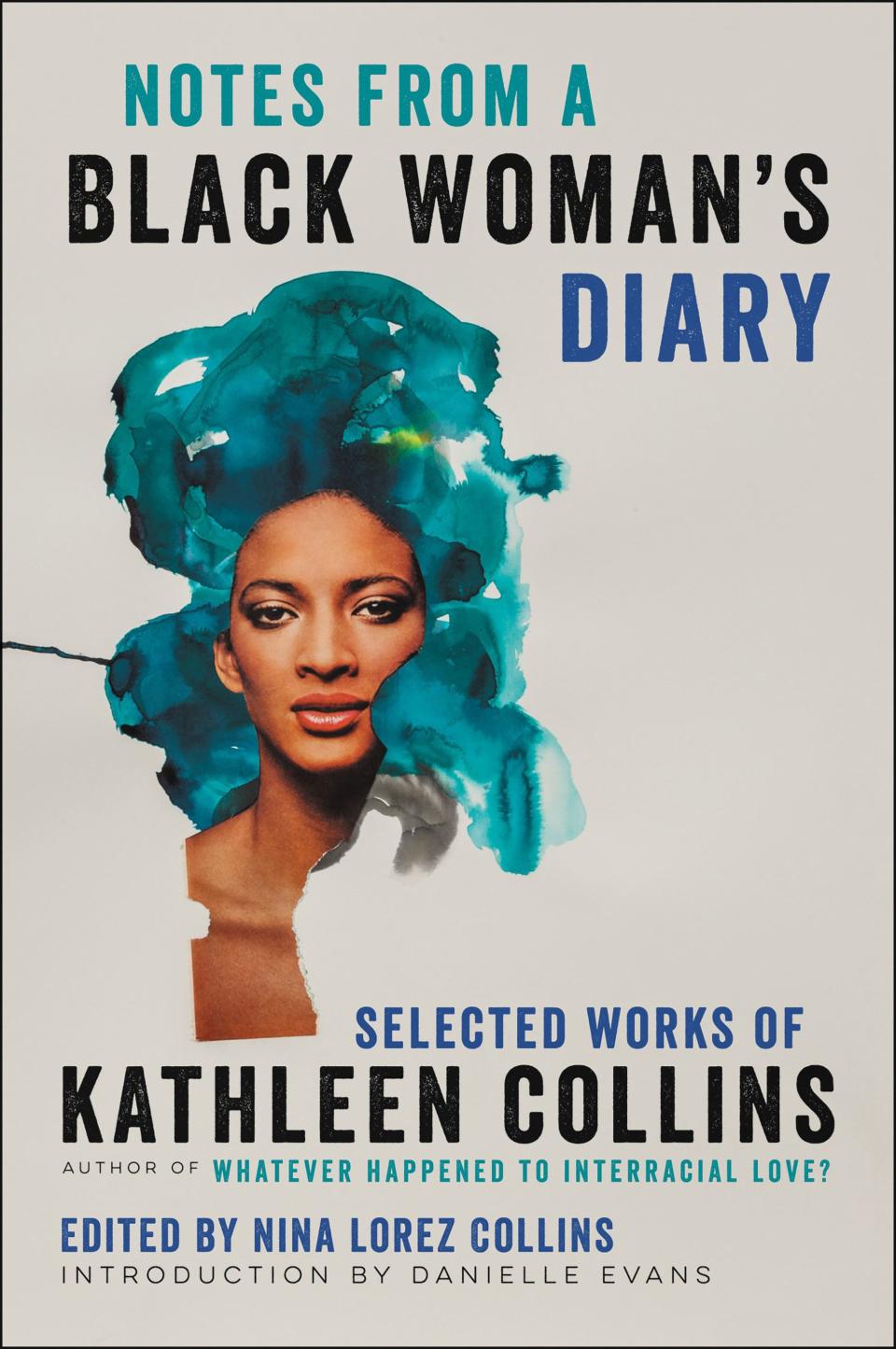
Notes from a Black Woman's Diary: Selected Works of Kathleen Collins by Kathleen Collins (February 5)
The revival of Kathleen Collins, artist, filmmaker, and writer, was perhaps the only good thing to come out of 2016, and those hungry for more now have another posthumous collection, this time short stories, a screenplay, a script, and, perhaps most intriguing, diary entries. Collins's exploration of black identity, femininity, and class are uncannily prescient (as they are enjoyable to read by her witty, poignant hand), and I hope the Collins archive has not been exhausted just yet. —BR
Ecco
Amazon
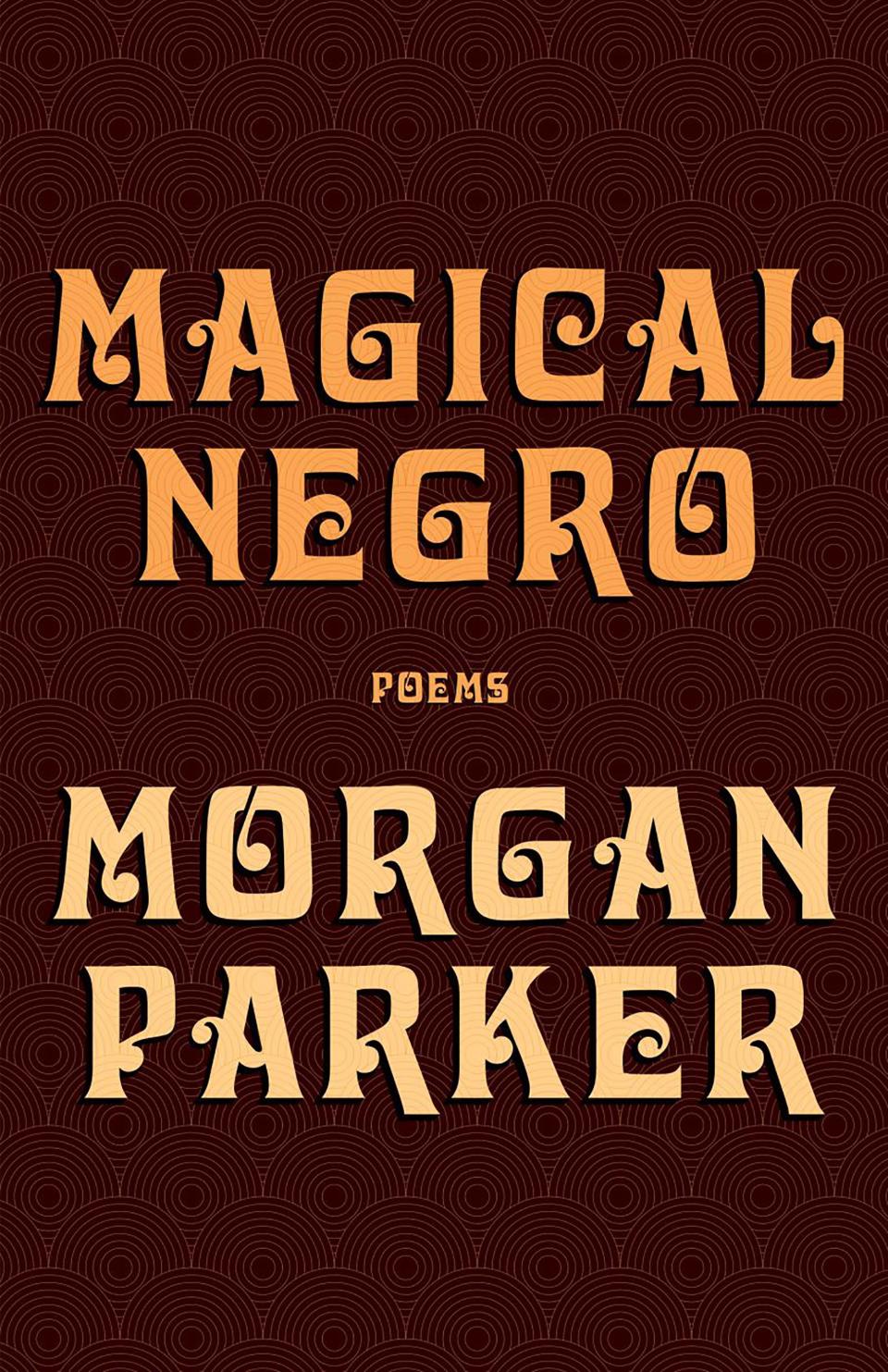
Magical Negro: Poems by Morgan Parker (February 5)
The much anticipated follow-up to There Are More Beautiful Things Than Beyoncé from Parker looks back, turning away (though not entirely) from the present focus of Parker's last collection to the archetypes and folk stories that are the roots of contemporary black American culture, though Parker blends her historical cataloguing of racial traumas and joys with her own experience. Parker's voice is surprising, ranging from elegiac to conspiratorial to ecstatic; she interrogates both blackness and femininity like ports in a long personal journey, as places to land but also as points of departure.
Tin House
Amazon
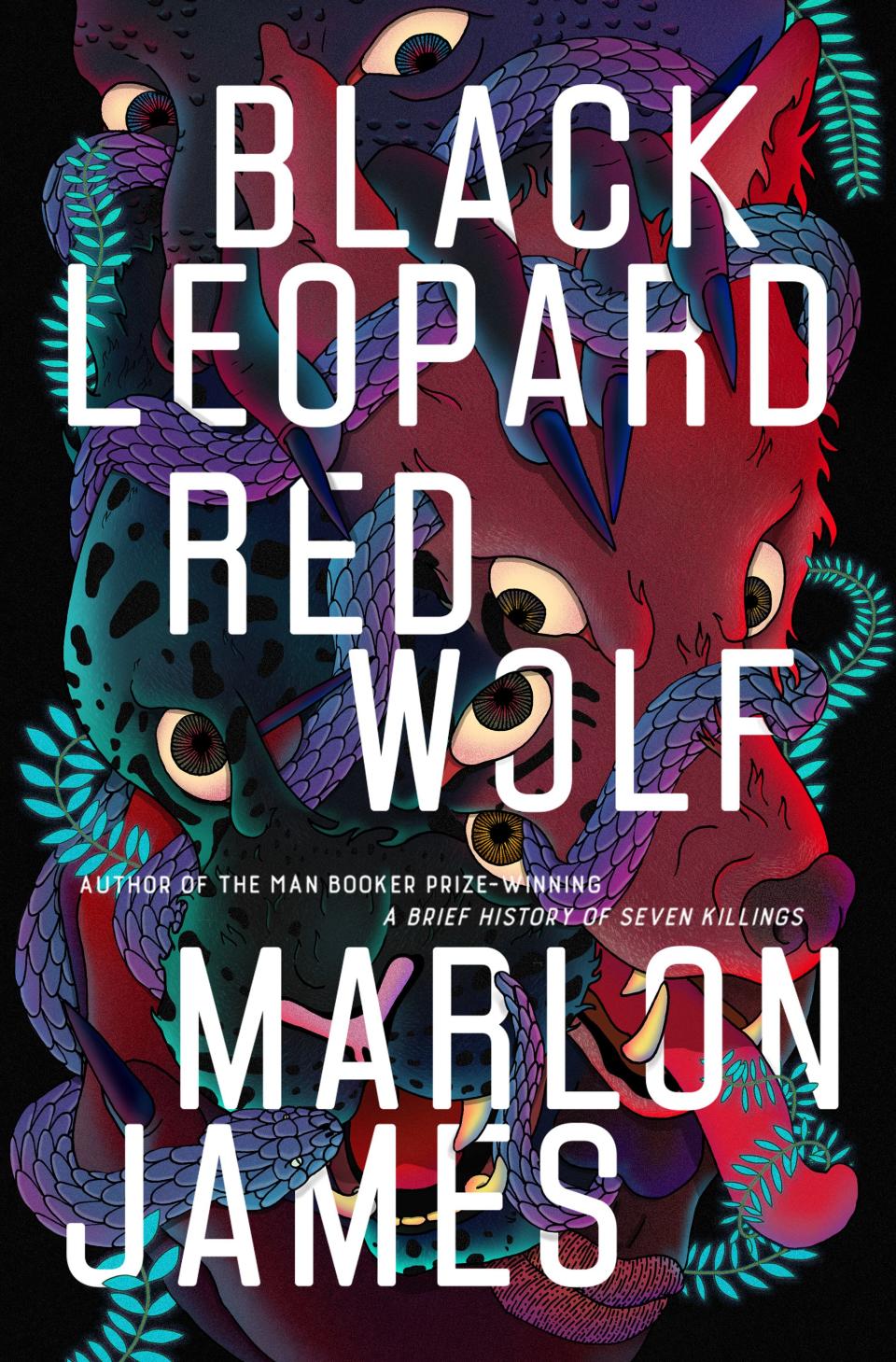
Black Leopard, Red Wolf by Marlon James (February 5)
Game of Thrones in Africa? That was the early buzz on Booker Prize winner Marlon James’s fantasy epic Black Leopard, Red Wolf—due in February, and the first volume of a trilogy he’s writing. I tucked in expecting to be swept away; 620 pages later I emerged more impressed than entranced. This is a vivid read for sure—but it’s also a demanding one. The story of an African mercenary hired to track down a missing boy across an ancient landscape, the novel teems with nightmares: devils, witches, giants, shapeshifters, haunted woods, magic portals. It’s terrifying, sensual, hard to follow—but somehow indelible too. I'm looking forward to volume 2. Riverhead
Amazon
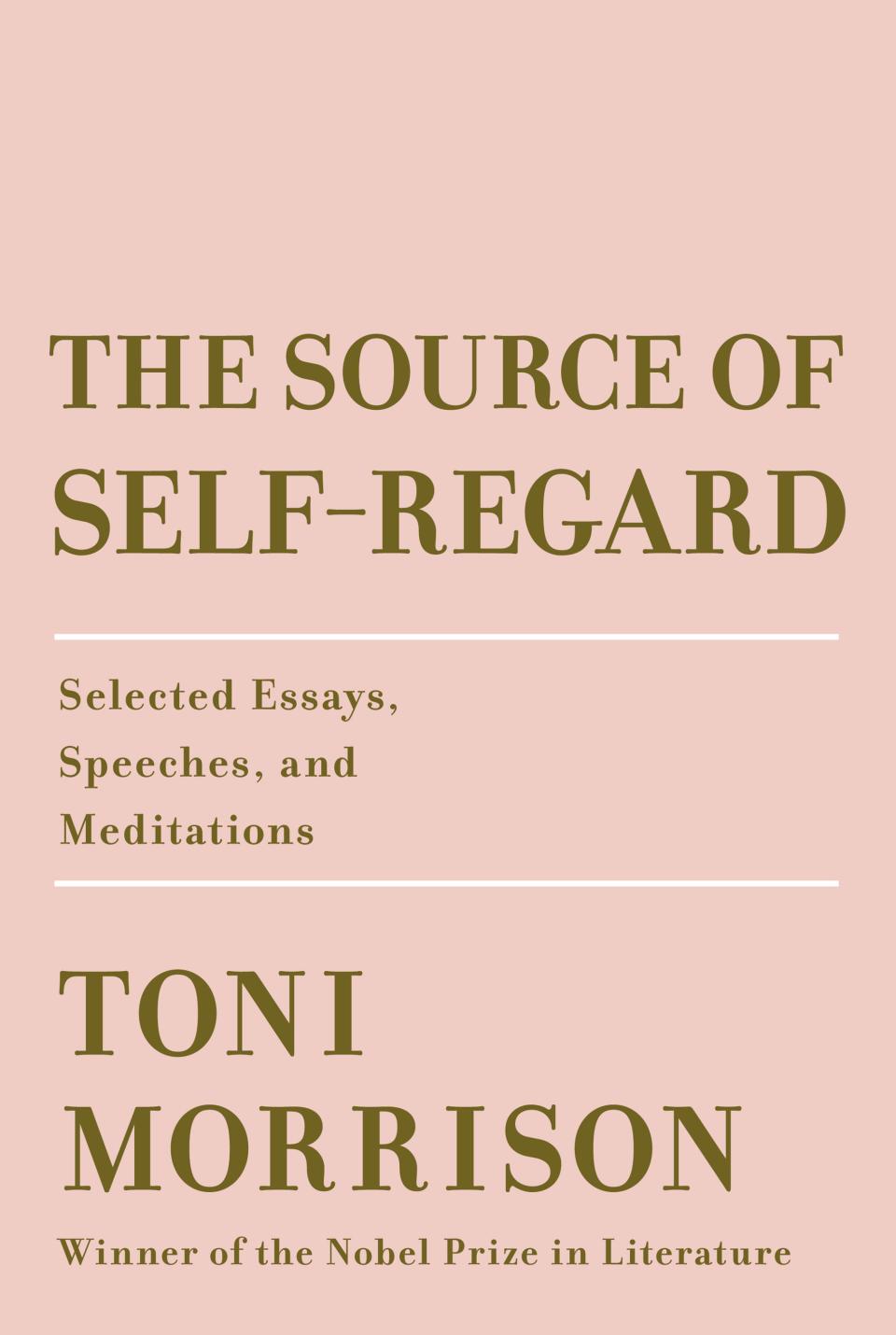
The Source of Self-Regard by Toni Morrison (February 12)
Toni Morrison's latest nonfiction collection has an apt title for the 21st century and seems to (rightly) position Morrison as a long chronicler of the ills of the modern condition, specifically in American politics. In speeches, essays, and other writings, Source will give insight into Morrison not just as a master of American folklore and the novel but as a keen observer of humankind throughout the last four decades, someone who long ago warned of fascism's creep into the United States through racist ideology, and who has written about the trap and power of embracing identity. —BR
Penguin Random House
Amazon
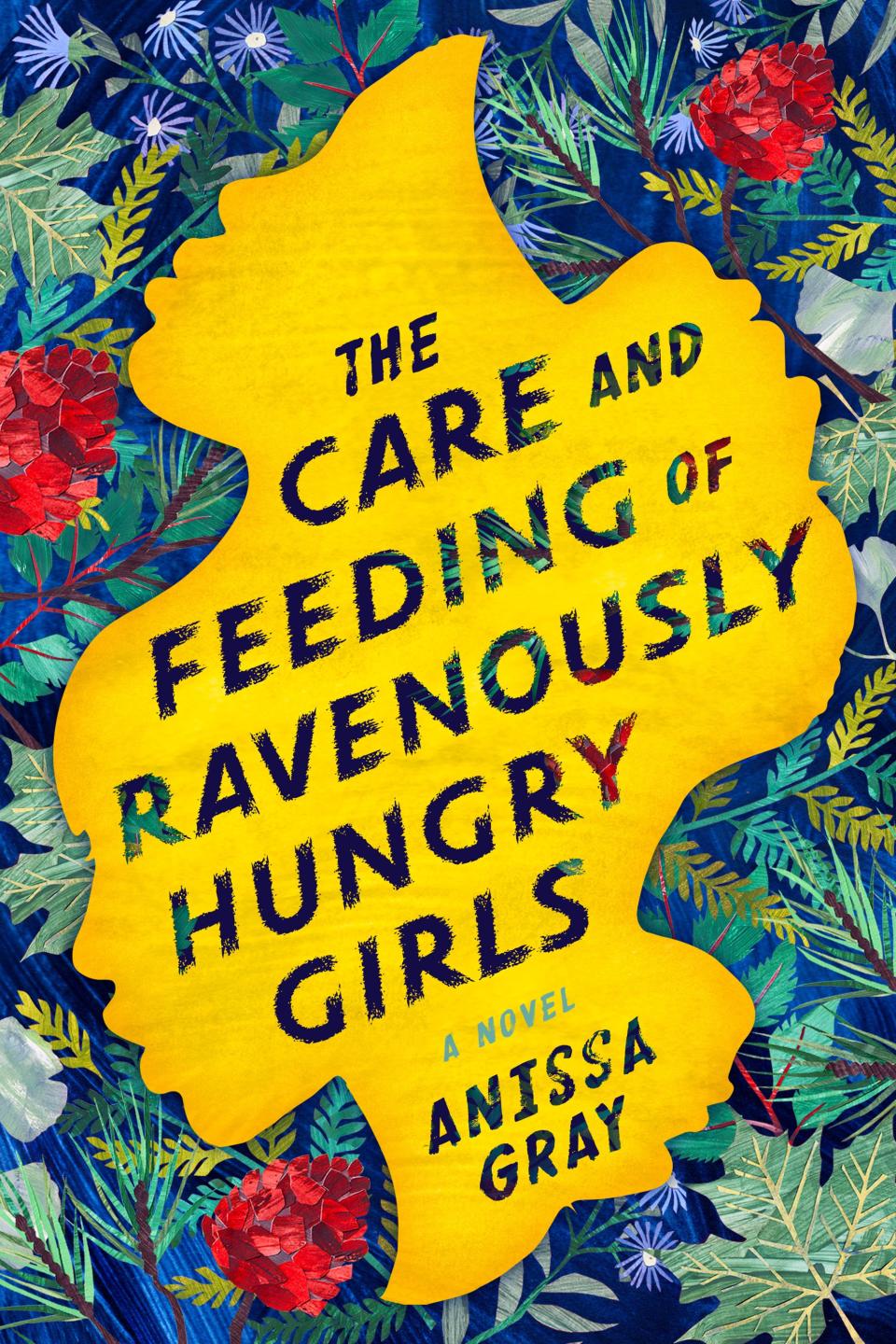
The Care and Feeding of Ravenously Hungry Girls by Anissa Gray (February 19)
Half a world away, another sudden loss profoundly shakes a Michigan family in Anissa Gray’s utterly absorbing debut. When Althea and her husband are arrested for fraud, the hardheaded matriarch is suddenly “a mother to nobody”—not to her teenage twin daughters, nor her younger sisters, Viola and Lillian, whom she’d taken care of since childhood. Like Tayari Jones’s recent bestseller An American Marriage, Gray uses imprisonment as the backdrop for a disarmingly compelling story, an intricately woven domestic drama that skirts easy answers and sentimentality. Conversational in tone and difficult in subject, Care and Feeding tells not just an American story but several important ones. —LM
Berkley
Amazon
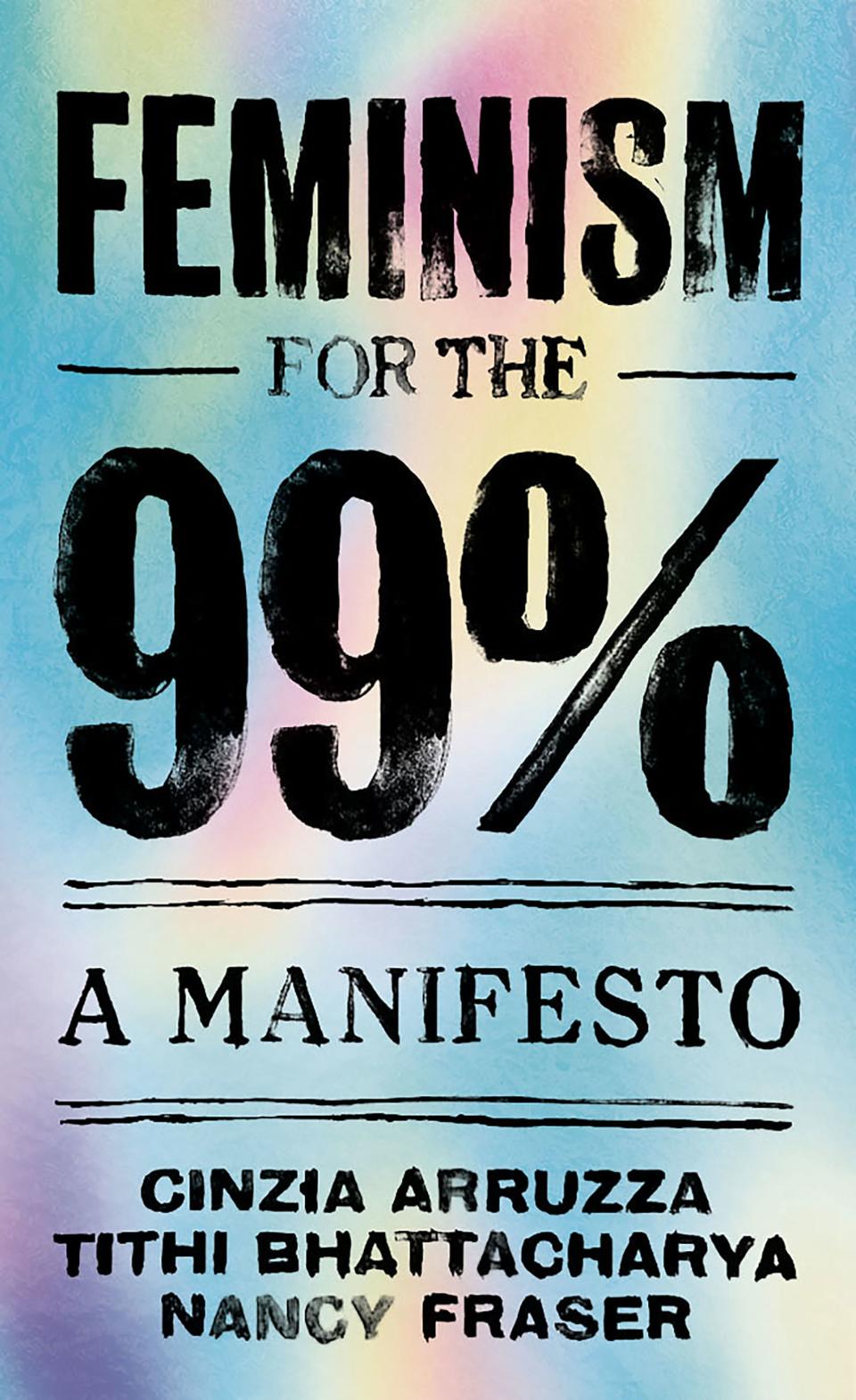
Feminism for the 99% by Nancy Fraser, Tithi Bhattacharya, and Cinzia Arruzza (March 5)
Fraser, Bhattacharya and Arruzza cut through the corporate feminist (and heavily debunked) "Lean In" noise to offer a feminism rooted not just in intersectionality of identity but in economic justice. The three organizers of the International Women's Strike argue that freedom needs to come from the bottom rather than the top—and shouldn't just stop within the bound of the United States. After years of books on feminism that have started to say the same thing, everyone (not just women!) should buy this one. —BR
Verso
Amazon
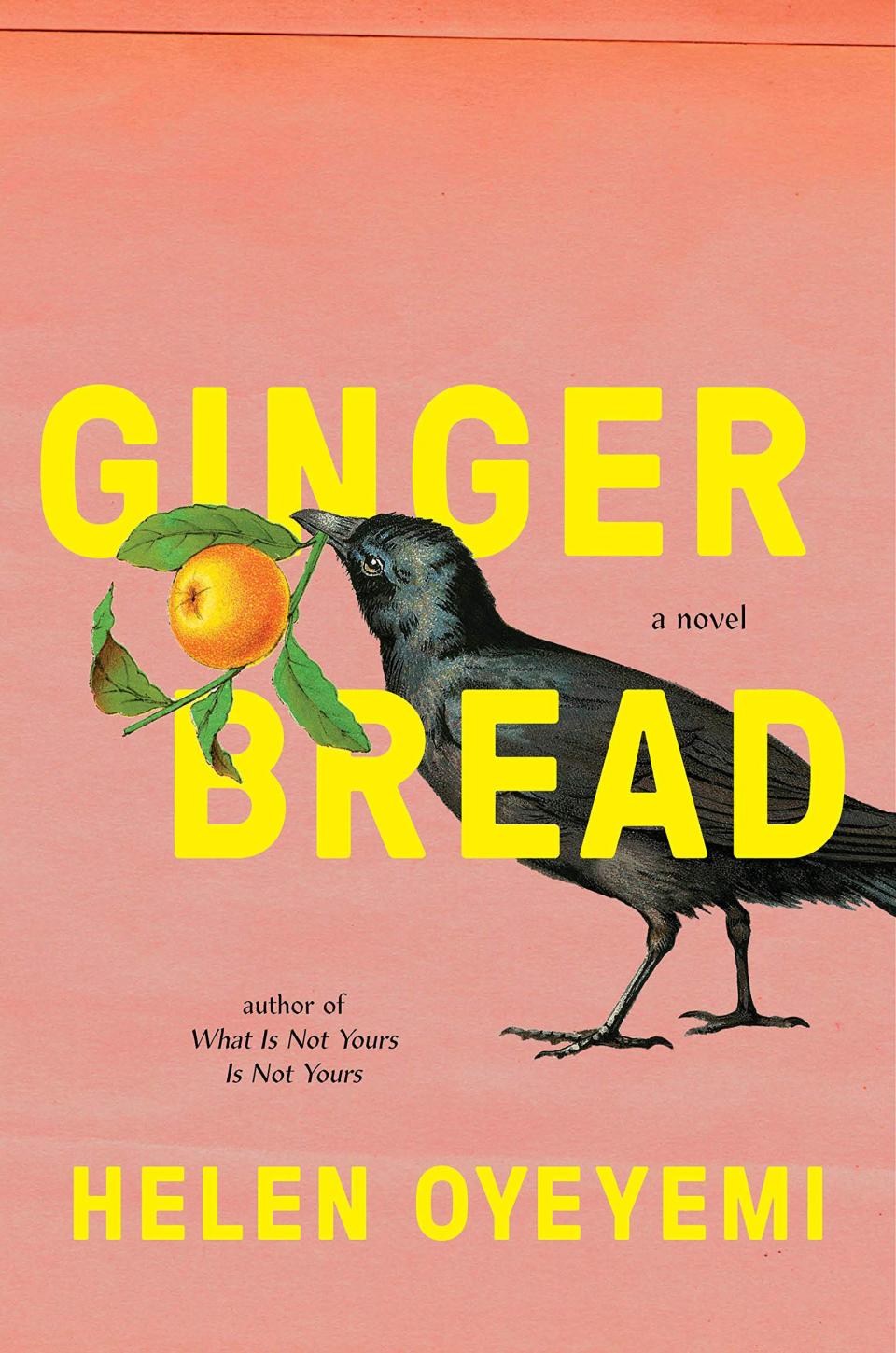
Gingerbread by Helen Oyeyemi (March 5)
Inventive novelist Oyeyemi returns with a novel that plays with family history and fairytales, blending the real and the unreal in a daughter's quest for self-knowledge. Gingerbread is the story's metaphorical core, both sweet and spicy, simple and yet it is the hook for so much strange and bizarrely haunting children's folklore, and Oyeyemi manages to make something just as complicated and delicious; her prose is not without its bite. —BR
Riverhead
Amazon
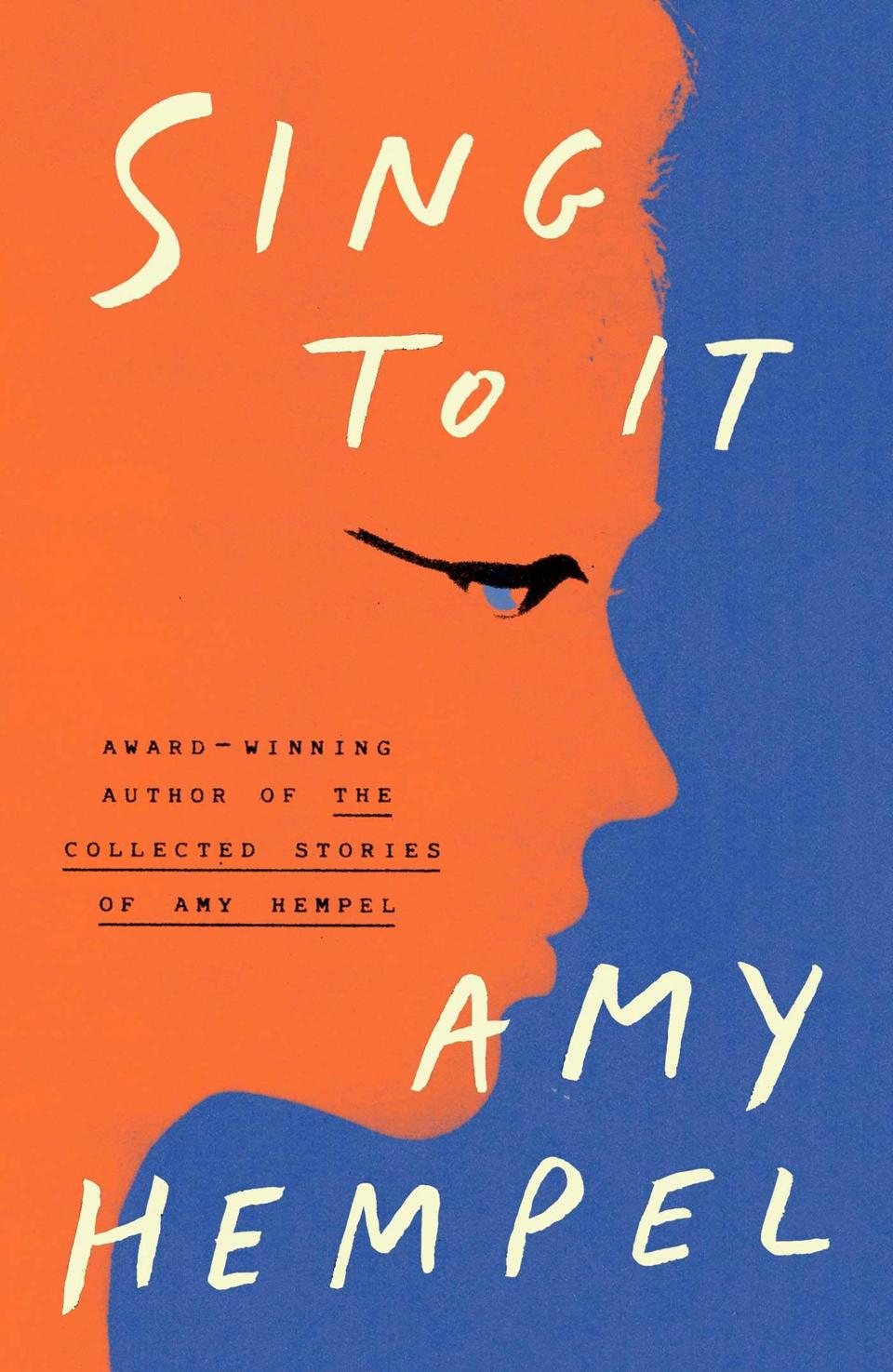
Sing to It by Amy Hempel (March 26)
The first new collection from master short story writer Hempel in over a decade, Sing to It promises fifteen stories showcasing her tightly coiled prose, which expertly deploys the condensed form while getting at the most nebulous, unnameable stuff of everyday life. Hempel's characters are always quirky without losing the sense that you could very well know them; her Collected Stories is one of the most original compendiums in the history of the genre. —BR
Simon & Schuster
Amazon
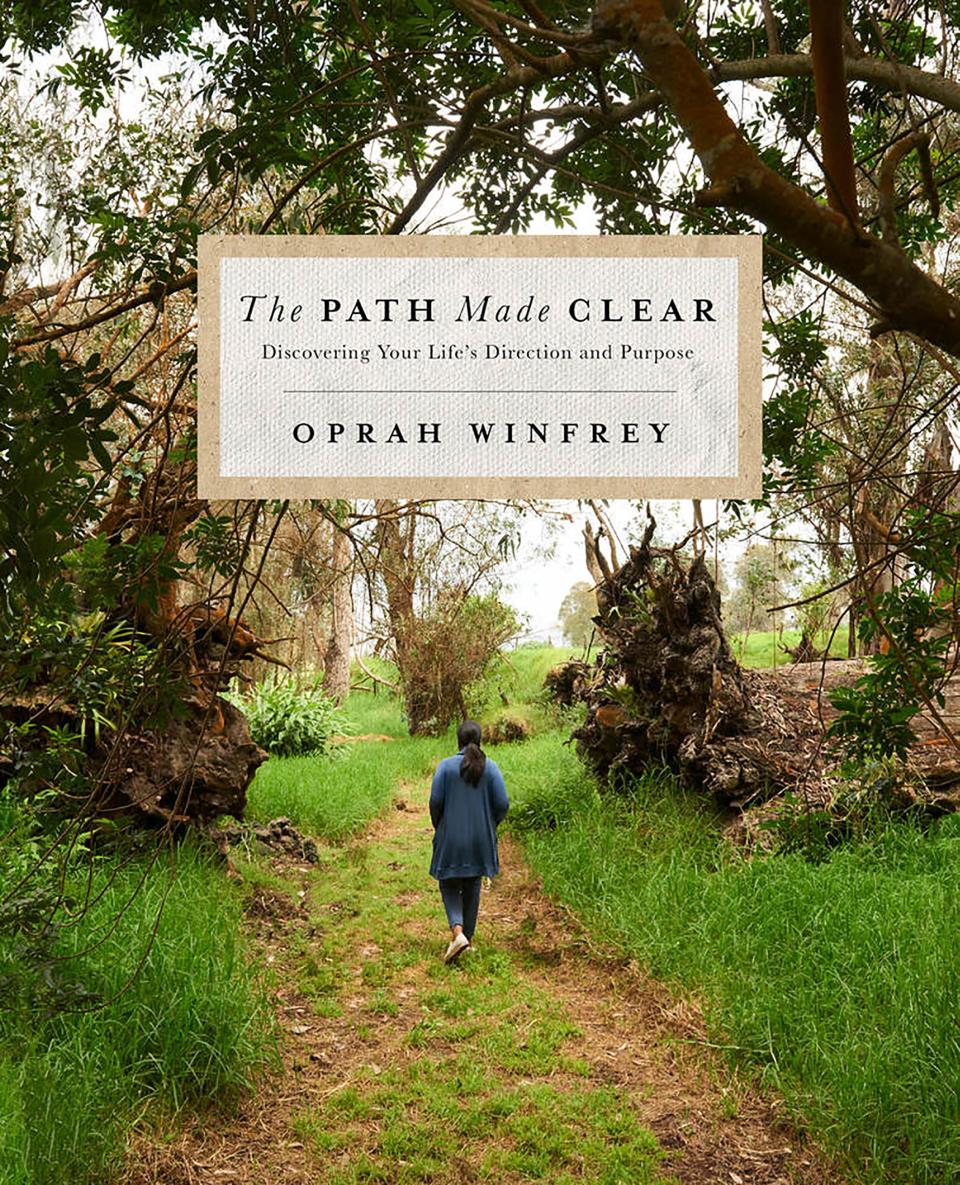
The Path Made Clear by Oprah Winfrey (March 26)
Is she running?! Maybe not, but Oprah certainly has an abundance of life lessons to offer, and The Path Made Clear will offer ideas for living successfully and "significantly," with help from some famous friends. I might be even more excited for the book tour, during which Oprah will obviously grace many an interview chair in some kind of flattering sweater cape and speak to the audience in soothing, stirring tones. —BR
Flatiron
Amazon
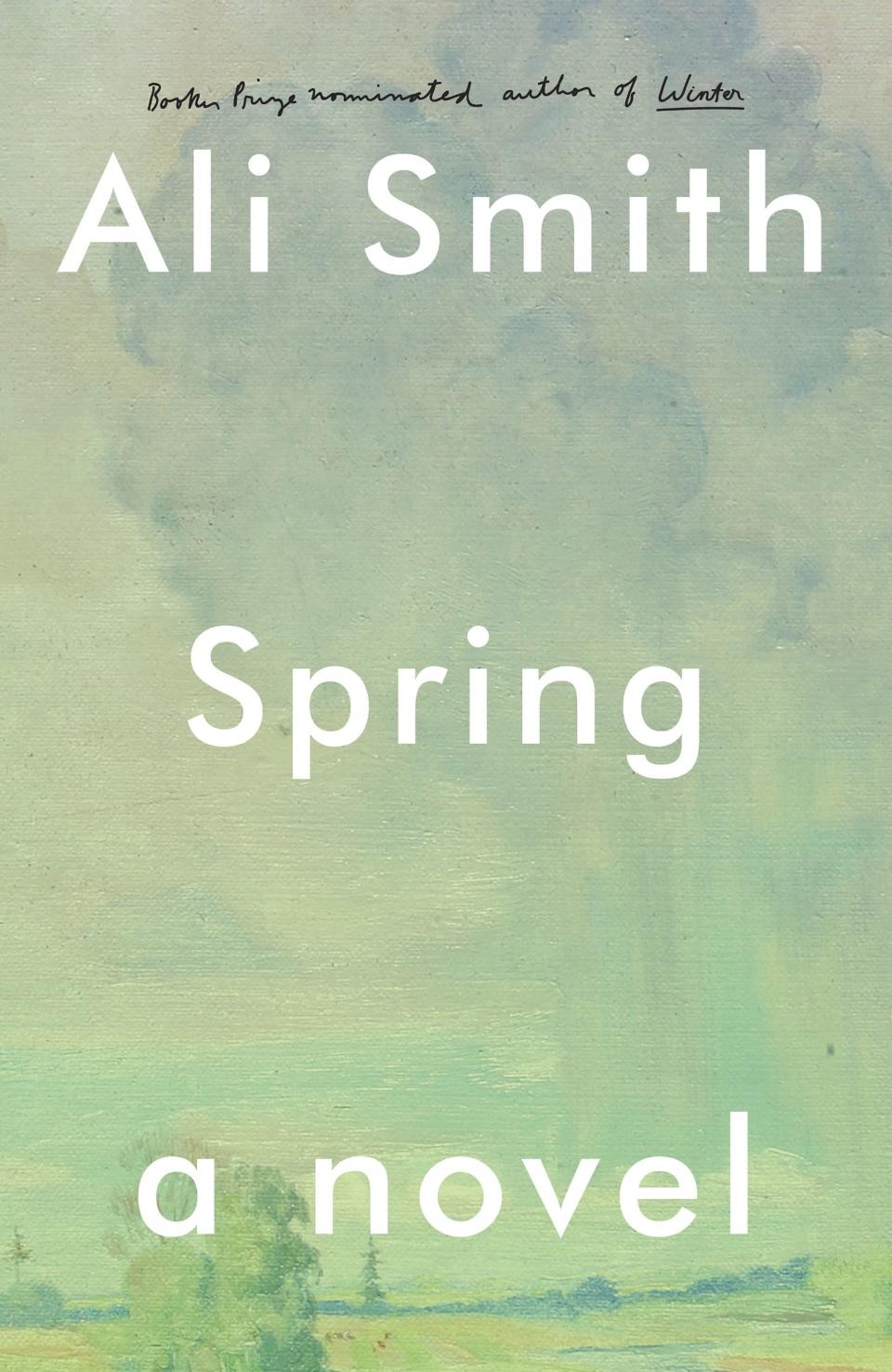
Spring by Ali Smith (April 30)
Cheating because Spring comes out on March 28 in the UK: I have never been more excited for another book since the last Harry Potter, which is fitting, since Smith's very contemporary seasonal quartet has made me think about my entire life in reading, language, and consumption, as it uses Britain's post-Brexit identity crisis to delve into what has been irretrievably lost with modernity's ideas of progress, and how we could save ourselves if we logged off. Autumn and Winter were entirely zany, morose, witty, magical tales of families in very specific historical moments, which Smith managed to bloom into visions of human life over many millennia, begging the question of just what the hell we think we are doing here—quietly, wryly, like a Brit would, but with deep, terrible urgency. —BR
Pantheon
Amazon
